1. Overview of current air conditioning technology
Air conditioning has become an essential device in modern life, from homes, offices to large-scale public works. In the current market, there are many different types of air conditioners, including wall-mounted, floor-standing, portable, concealed and central air conditioning systems. Each type has its own characteristics, serving different needs and spaces.
Among them, ceiling mounted air conditioners are increasingly popular thanks to their compact design, easy to install in the ceiling, helping to save space and maintain the aesthetics of the interior space. This type of machine is often used in offices, hotels, restaurants or high-end apartments, where a combination of cooling performance and sophisticated design is required.
Along with the diversity of types, air conditioning technology is also constantly improving to meet criteria such as energy saving, smooth operation, fast cooling and environmental friendliness. This is the foundation for the air conditioning industry to enter a stage of sustainable development, towards a smarter and more efficient future.
Air conditioner lines such as wall-mounted, ceiling-mounted and central are gradually integrating energy-saving technology and operating more smoothly.
2. Future trends in air conditioning technology development
The air conditioning industry is witnessing a strong transformation under the impact of technological advances and the need for green, smart living. One of the clear trends is the popularity of Inverter technology - helping the compressor operate more flexibly, saving maximum energy and extending the life of the equipment. Not only that, modern machines are also designed to cool quickly, maintain stable temperatures and minimize noise.
In addition, the integration of artificial intelligence (AI) and Internet of Things (IoT) connectivity is ushering in the era of smart air conditioning. Thanks to the connection to the phone or smart home system, users can remotely control, schedule on/off devices, monitor power consumption and receive proactive incident alerts. Some models are also capable of self-learning usage habits to optimize cooling performance according to each time frame or weather conditions.
In terms of materials, the trend of using new generation refrigerants that are environmentally friendly and cause less greenhouse effect is being promoted, meeting international standards on climate protection.
On a larger scale, high-rise buildings, hotels or shopping malls are moving towards central air conditioning solutions. To understand better, it is necessary to know what central air conditioning is: it is a comprehensive cooling system that supplies cold air to the entire building through air ducts, helping to control the temperature of each area effectively and save energy thanks to the centralized operating mechanism.
Inverter technology, AI and new generation refrigerants will be the foundation for smart and sustainable air conditioning.
3. Smart application of air conditioning technology
Not only does it provide the usual cooling or heating functions, modern air conditioning technology is gradually becoming an indispensable part of the smart home ecosystem. Manufacturers are constantly integrating new features to provide an optimal, economical and more user-friendly experience.
One of the notable applications is the ability to connect to a smartphone or central control system via Wi-Fi or Bluetooth. With just a few simple operations on the phone, users can turn on, turn off, adjust the temperature, set a timer or monitor real-time power consumption. This is especially useful for those who are often away from home or need to manage the air conditioning system in many different rooms.
AI technology also helps the device learn the user's living habits to adjust the temperature appropriately for each time of day. Some high-end models also have motion sensors to detect presence in the room, thereby automatically turning on/off or changing the cooling capacity, both increasing efficiency and saving electricity.
Modern air conditioners can connect to smartphones, learn user habits and automatically adjust to optimize performance.
The future of air conditioning technology promises to be smarter, more efficient, and more environmentally friendly than ever before. Advances in connectivity, automation, and green materials are redefining the cooling experience. With the ever-increasing demands of modern living, smart air conditioning systems are the optimal solution for both the present and the future.
TT
Source: https://baothanhhoa.vn/tuong-lai-cua-cong-nghe-dieu-hoa-xu-huong-phat-trien-va-ung-dung-thong-minh-250958.htm


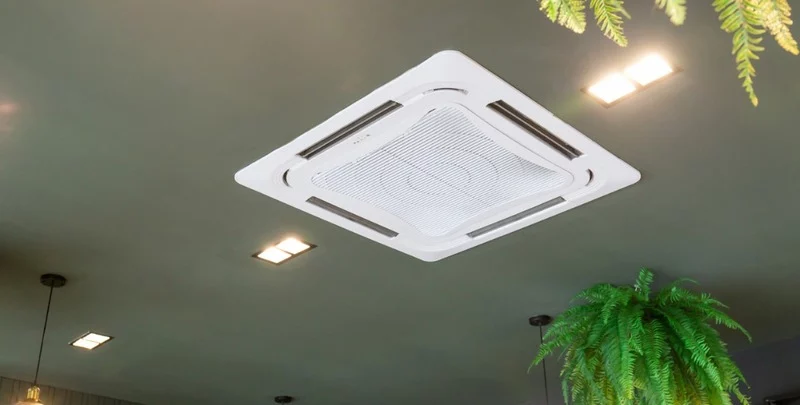
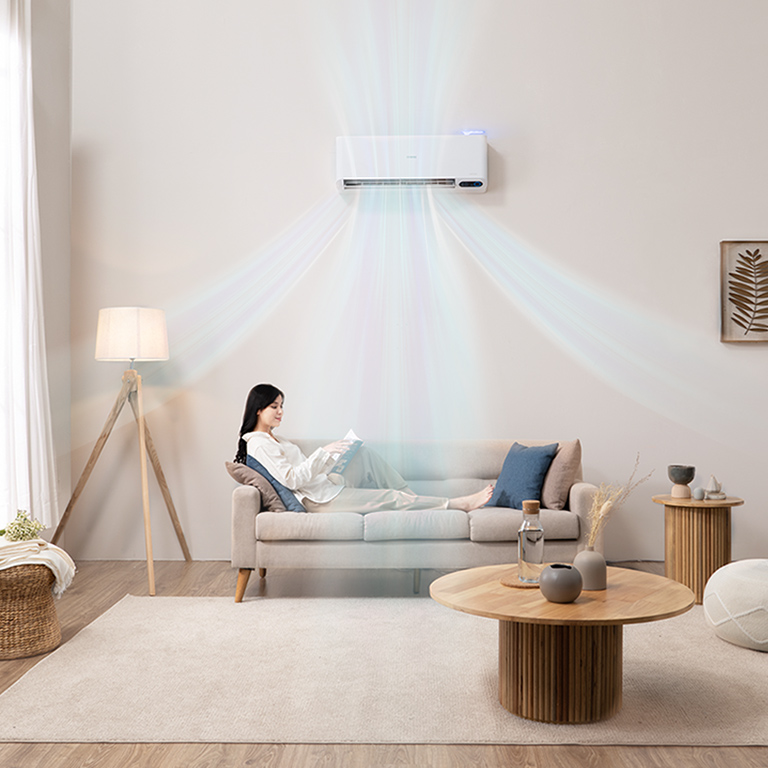











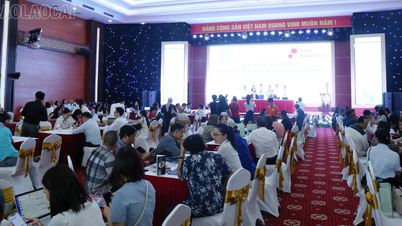








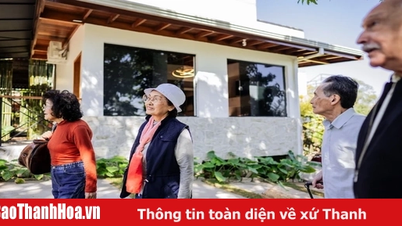

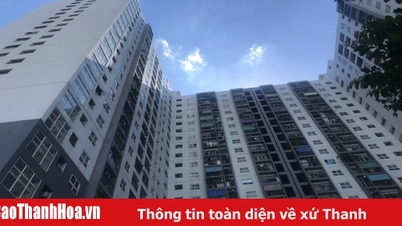



![[Photo] General Secretary To Lam receives Korean Ambassador to Vietnam](https://vphoto.vietnam.vn/thumb/1200x675/vietnam/resource/IMAGE/2025/6/6/a0765b7543784cbcbfe4755b67d43ab4)
![[Photo] President Luong Cuong works with Hung Yen and Thai Binh Provincial Party Committees on implementing Resolution of the 11th Central Conference, 13th tenure](https://vphoto.vietnam.vn/thumb/1200x675/vietnam/resource/IMAGE/2025/6/6/127b735d2761484d81dcee0d7725a25b)


















































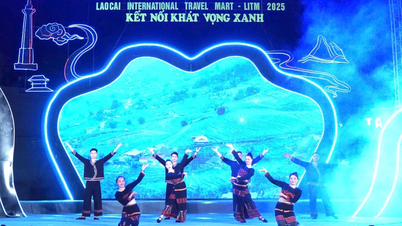
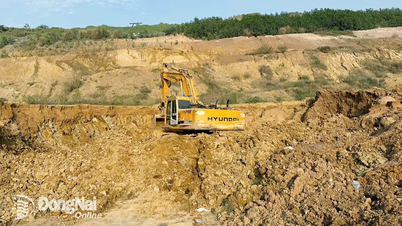

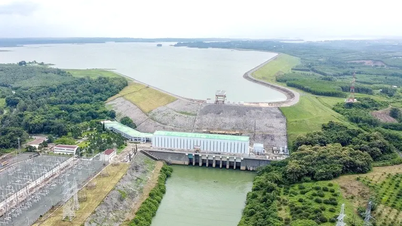
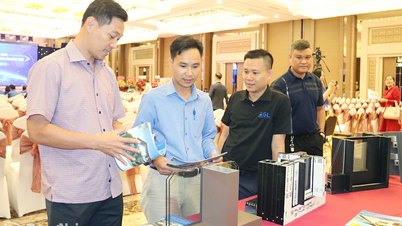




![[OCOP REVIEW] Tu Duyen Syrup - The essence of herbs from the mountains and forests of Nhu Thanh](https://vphoto.vietnam.vn/thumb/402x226/vietnam/resource/IMAGE/2025/6/5/58ca32fce4ec44039e444fbfae7e75ec)






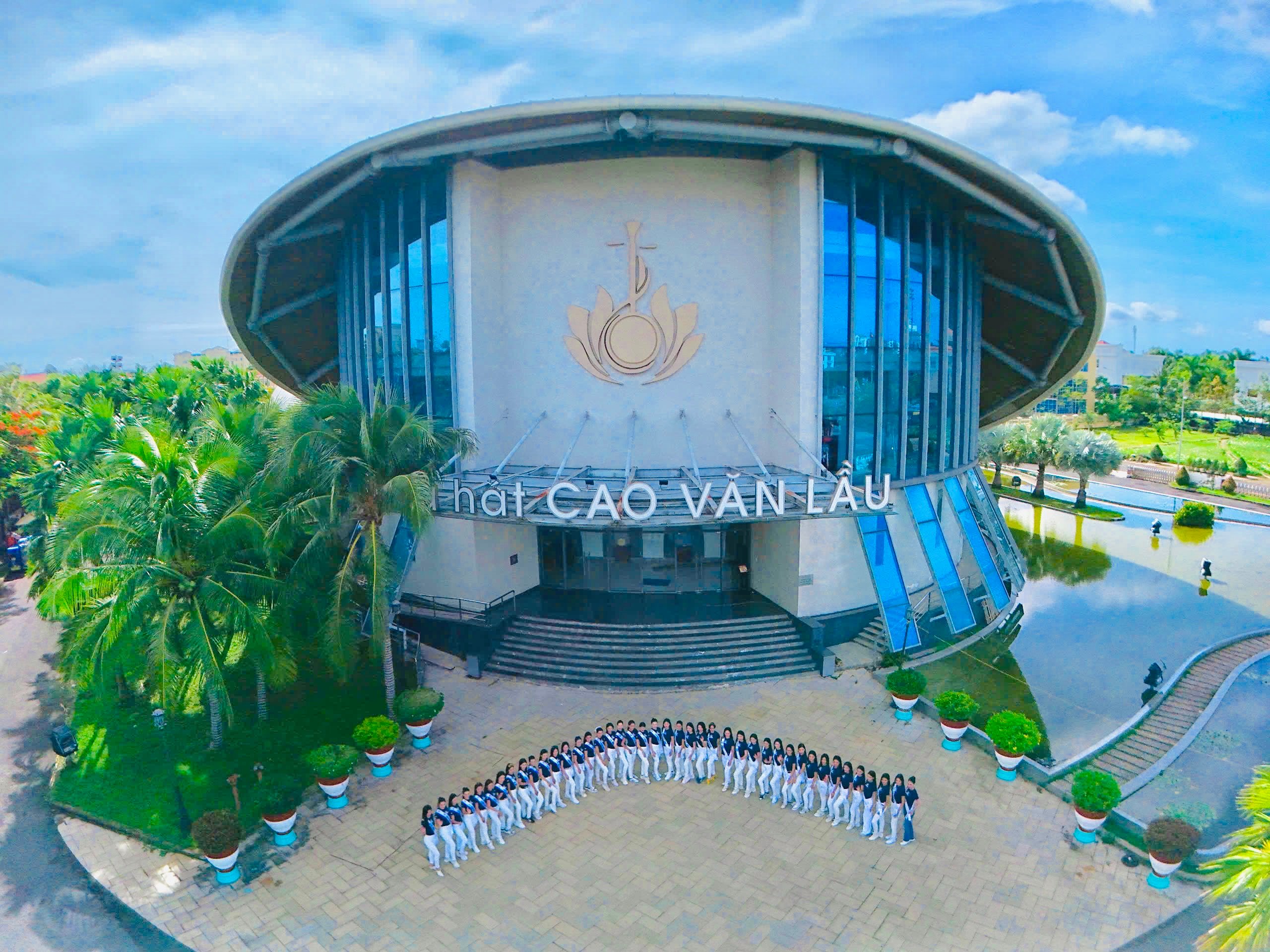



Comment (0)